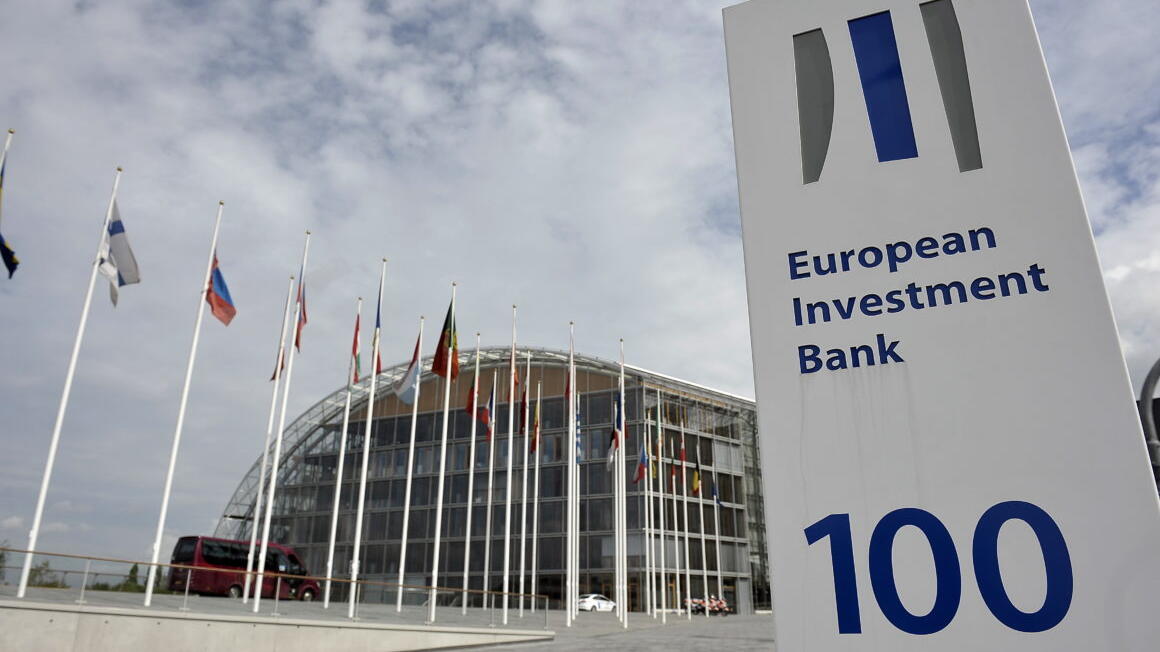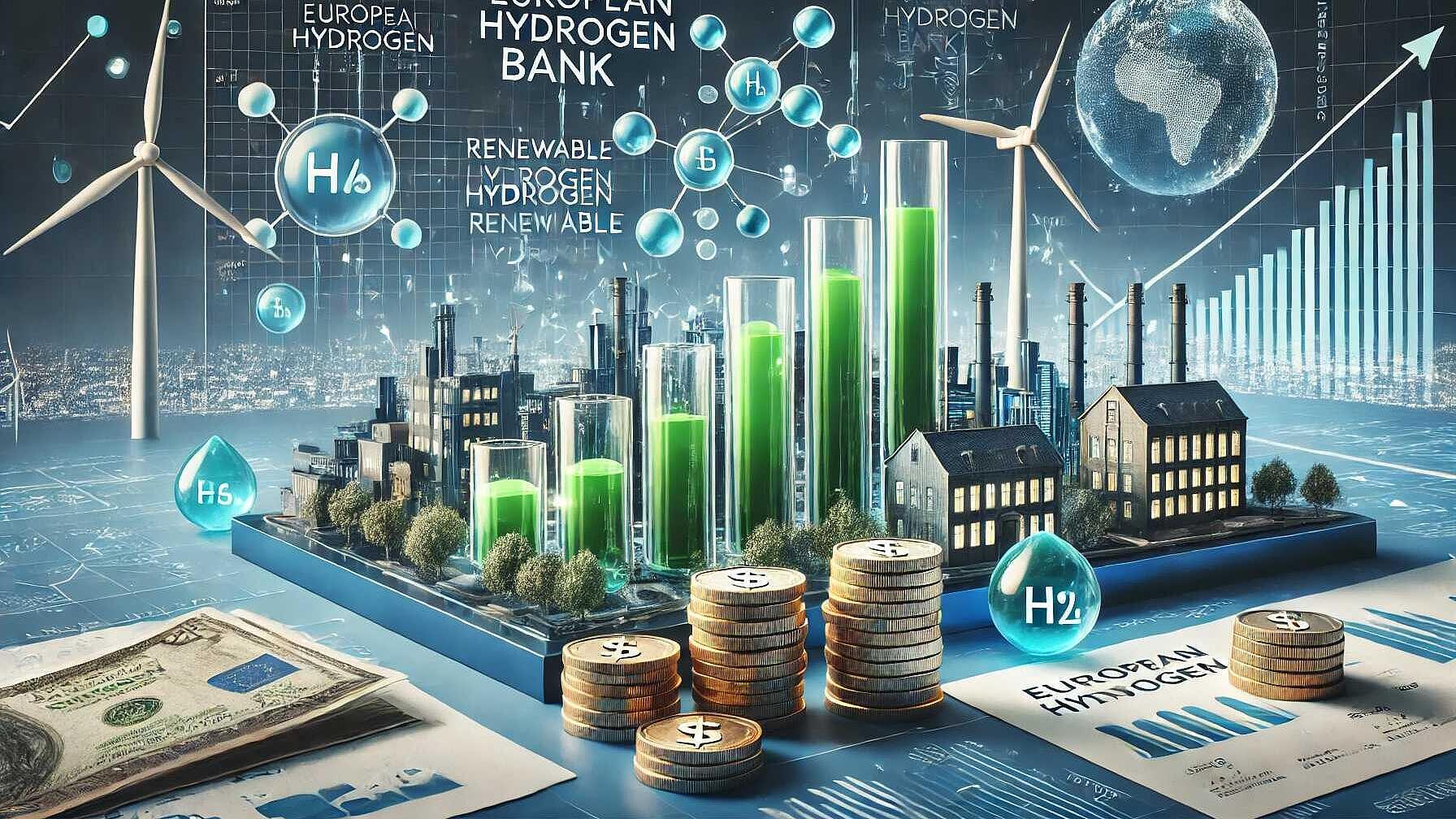 Policy & Regulation
Policy & RegulationThe European Investment Bank (EIB) revises energy lending criteria
Summary
The European Investment Bank will phase out support to energy projects reliant on fossil fuels. These projects will not be presented for approval to the EIB Board beyond the end of 2020. All the Banks activities in the energy sector will be fully aligned with the Paris agreement. Decarbonising energy supply to meet the 2030 targets requires at least a doubling of todays EU renewable power generation capacity. The Bank will reinforce its technical and financial advisory services to project developers and public authorities seeking to scale up investment programmes. And it will look to support the development of a sustainable internal supply of critical raw materials needed for the transformation. See the document here. Back to Mail Online home. back to the page you came from: originally published by the European Commission.Back to the Daily Mail Online office. For confidential support call the Samaritans in the UK on 08457 909090 or visit a local branch or click here for details of the European Investment Board member countries.
Open full article
The European Investment Bank (EIB) revises energy lending criteria
The European Investment Bank (EIB) will phase out support to energy projects reliant on fossil fuels: oil & gas production, infrastructure primarily dedicated to natural gas, power generation or heat based on fossil fuels.
These types of projects will not be presented for approval to the EIB Board beyond the end of 2020. As a result, all the Bank’s activities in the energy sector will be fully aligned with the Paris agreement.
Decarbonising energy supply to meet the 2030 targets requires at least a doubling of today’s EU renewable power generation capacity. In close cooperation with the European Commission and other partners, the Bank works to support the market integration of energy efficiency and renewable electricity projects, as well as increased regional cooperation. In addition, there is a need to support other types of renewables (renewable heating), the production and integration of low-carbon gases (such as hydrogen) and low-carbon fuels.
The Bank will reinforce its technical and financial advisory services to project developers and public authorities seeking to scale up investment programmes. Finally, it will look to support the development of a sustainable internal supply of critical raw materials needed for the transformation.
See the document here



